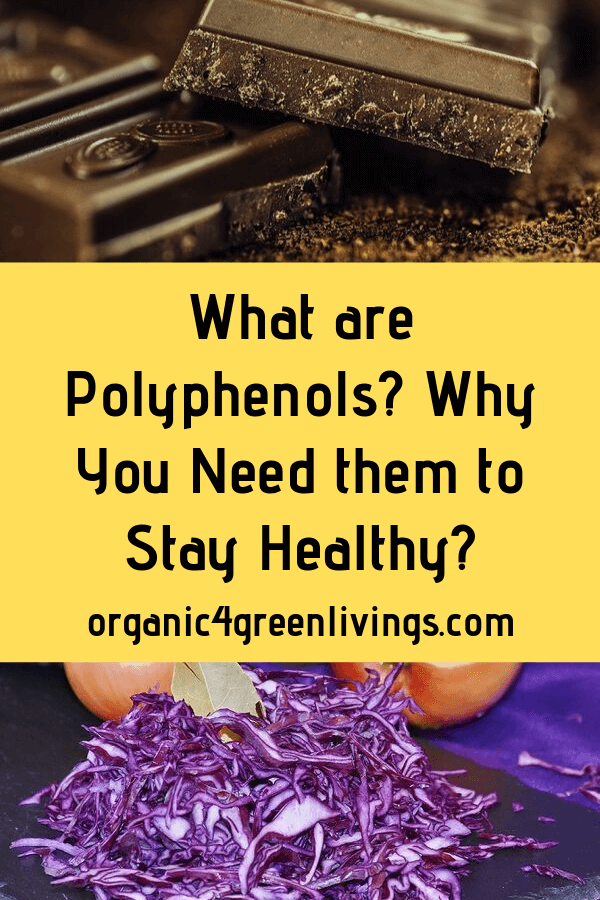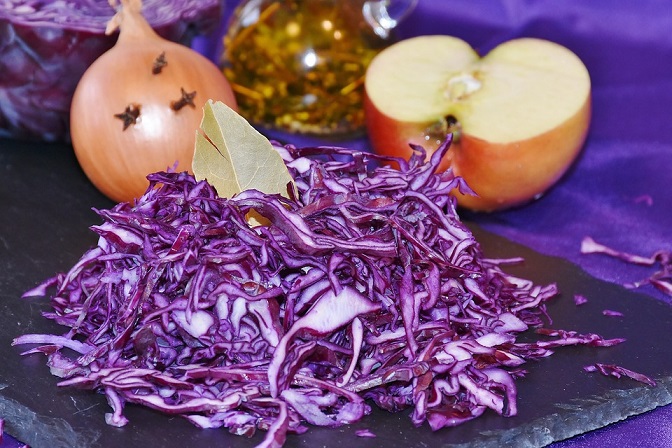What are Polyphenols and Why You Need Them?

You may not have heard the term, but polyphenols are essential to our health and help us eat a healthy diet and lifestyle. A category of plant compounds, polyphenols have been determined to be powerhouses for our brain health. They can also help protect against heart disease, type 2 diabetes, and certain cancers, and improves digestion. Some of our most popular food choices contain polyphenols, which is promising news, including:
- red wine,
- tea,
- berries
- dark chocolate.
However, polyphenols are not just limited to the best tasting treats; many other foods also contain polyphenols, as well.
What are Polyphenols?
Polyphenols help to neutralize harmful free radicals that would otherwise damage your cells. The free radicals increase your risk to:
- Cancer
- Diabetes
- Heart disease
- Inflammation
- Chronic illnesses
By ingesting foods containing polyphenols, they become super foods, or antioxidants, and help to reduce the number of bad cells with the overpowering influence of the good.
There are not just one or two polyphenols that are being used and researched. So far over 8,000 types of polyphenols have been identified. These have been broken down into four main groups: Flavonoids, Phenolic Acids, Polyphenolic Amides, and other Polyphenols.
The largest group are flavonoids. They account for around 60% of all polyphenols. Flavonoids can be found in fruits, such as apples and vegetables, such as onion and red cabbage.

What Health Benefits Do Polyphenols Have?
Many. There are many health benefits attributed to polyphenols.
- Lower Blood Sugar
- Ingesting polyphenol-rich foods can help reduce your chances of developing type 2 diabetes by reducing the amount of sugar in your bloodstream.
- Since polyphenols can breakdown starch into simple sugars, you have fewer blood spikes after consuming meals high in polyphenols.
- Polyphenols also stimulate the secretion of insulin, which also helps stabilize and lower blood sugar levels.
The best foods found to help reduce blood sugar spikes are red, purple, and blue foods, such as berries and grapes.

May Prevent Blood Clots
Polyphenols have been linked to helping to reduce the risk of developing blood clots. This is due to the fact that polyphenols help keep platelets from clumping together. When platelets don’t clump, large clots cannot form, thereby reducing your risk of clots, deep vein thrombosis, pulmonary embolism, and stroke.
May Lower Your Risk of Heart Disease
Since polyphenols reduce chronic inflammation, the risk of heart disease is also reduced. The anti-coagulant factor in polyphenols, as well, helps improve the heart and lower the chances of heart disease and related illnesses.
May Protect Against Cancer
Since polyphenols have potent antioxidant and anti-inflammatory factors, the benefits of possible cancer prevention are substantial.
Two cancers that seem to be more affected by polyphenols, in studies, are breast and prostate cancer.
May Help Boost Brain Function
Polyphenol rich foods are great for focus and memory. Some studies indicate that drinking grape juice can help repair minor mental defects in as little as 12 weeks.
Other polyphenol-rich foods that are good for brain function include cocoa and Ginkgo biloba.
There are many foods that contain polyphenols. Nearly all plant-based foods include some amount of polyphenol, some having higher values than others. At the end of the day, any additional intake of polyphenols most likely have some health benefit, and certainly doesn’t hurt the body at all. Polyphenols can help us eat the healthiest diet possible.

I love this and very informative, thank you for continuing writing for health benefits Marla!
Hi Floby,
I am so glad you found the article informative and helpful. Thanks for stopping by and commenting.